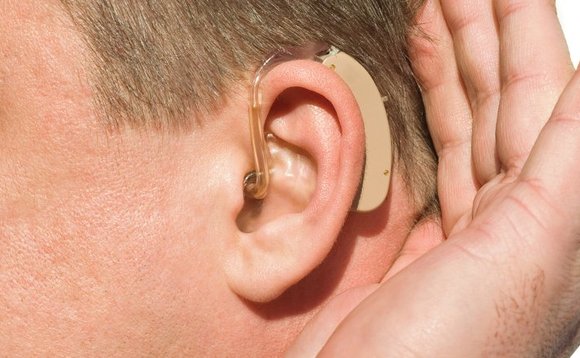For people that suffer from hearing loss, preparing for an emergency such as a flood, a power outage or an earthquake, will involve taking some additional steps and precautions.
If you suffer from any type of hearing impairment, it is highly recommended that you take the extra measures described in this article to ensure your safety during times of emergency.
Taking Care of Your Hearing Aids
Our hearing protects us from danger; hearing an alarm or an approaching vehicle in time is something that can save lives. With that in mind, always make sure that you have an emergency hearing aid kit you will be able to use during a time of emergency. Such a kit should include spare batteries; you definitely don’t want to get stuck without batteries during an emergency.
If you have a set of spare hearing aids, keep it handy in case your regular one will get damaged.
Always keep a container that’s water resistant in case you need to protect your hearing aids from water. Also, keep some desiccant, in case you need to absorb moisture from your hearing aids.
If you have severe hearing loss, make sure your kit containers something to write messages on. Also, make sure that you store all the cleaning tools you received with your hearing aids, in case you need to clean dirt, dust or accumulated wax. If you don’t have the original cleaning tools, find some delicate brushes and other similar replacements. Remember to use caution when cleaning your hearing aids and consult the user manual if you are unsure about how to approach the cleaning of a particular part.
Solutions for Hearing Aids Malfunctions During an Emergency
If your hearing aids malfunction during an emergency there is no need to panic. In most cases following a few simple troubleshooting steps will solve the problem.
The first thing to do is to replace the battery. Make sure that you can do that quickly and efficiently before an emergency.
Two other common reasons for a malfunction are moisture or wax and dirt. Use the cleaning and drying aids we mentioned above. Depending on the type of device you have, carefully clean the tip or the tubing and try again. If your hearing aids still malfunction try to dry any moisture with the help of the materials mentioned above. Remember that if drying up moisture is necessary, it is a process that will take several hours and you may want to use your spare set of hearing aids until it is completed.
It is strongly recommended to keep such an emergency kit in the house at all times. You never know when an emergency will strike and it is better to be safe than sorry.
This article was written by Tom Regev, a professional writer for the NJ Hearing Aids website.
How Should People With Hearing Loss Prepare For An Emergency





